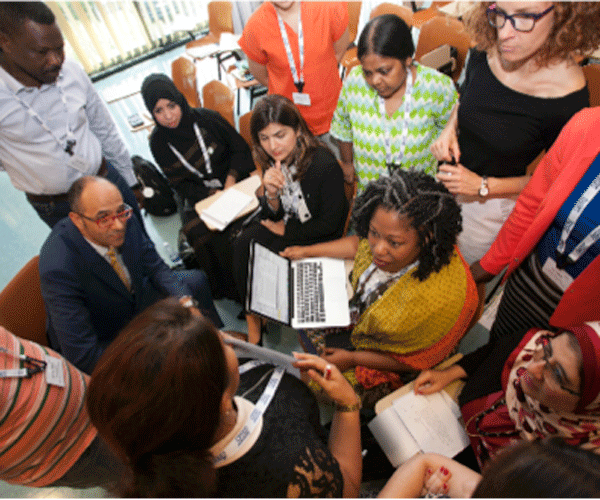Today science has become a special guest on the global scene, playing a pivotal role in environmental, health, social and political issues, and its importance cannot be underestimated.
To foster the growth of a new class of experts in global matters where science is a key component, the American Association for the Advancement of Science (AAAS) and TWAS are organizing the ninth course on science diplomacy (25 July to 3 August), the third to be held virtually.
The first joint science diplomacy course was presented in 2014, when AAAS and TWAS partnered to meet the increased demand for competent science diplomats, offering qualifying training to scientists, mainly from the developing world.
This year the virtual course will host 25 ‘participant pairs’—comprising one young scientist and one policymaker—from more than 20 countries, who will work together to run policy simulations and other practical exercises. Breakout groups and networking tables will offer the science diplomats-to-be field practice and the chance to share experiences.
The invited keynote speaker is Ameenah Gurib-Fakim, former president of Mauritius, while thematic sessions will address the importance of collaborations in times of diplomatic tension, and the skills required for effective negotiations on cross-national matters and the role of diplomacy for science.
Cristina Serra

